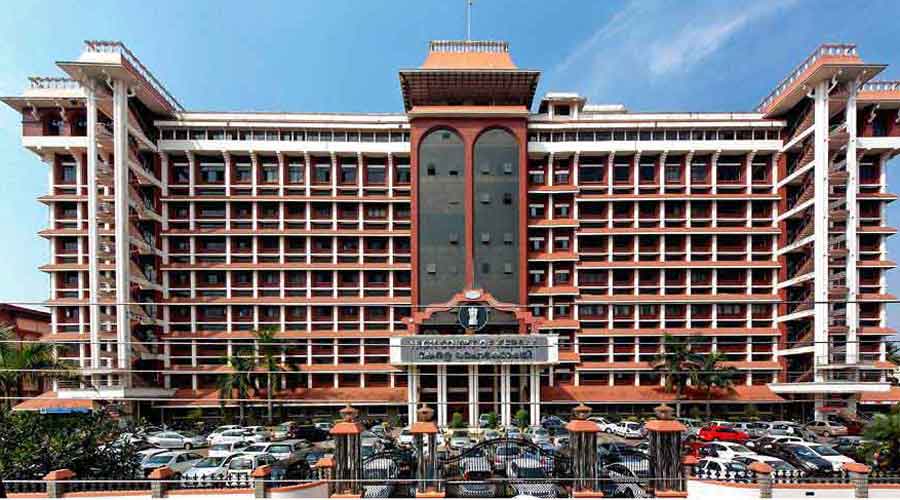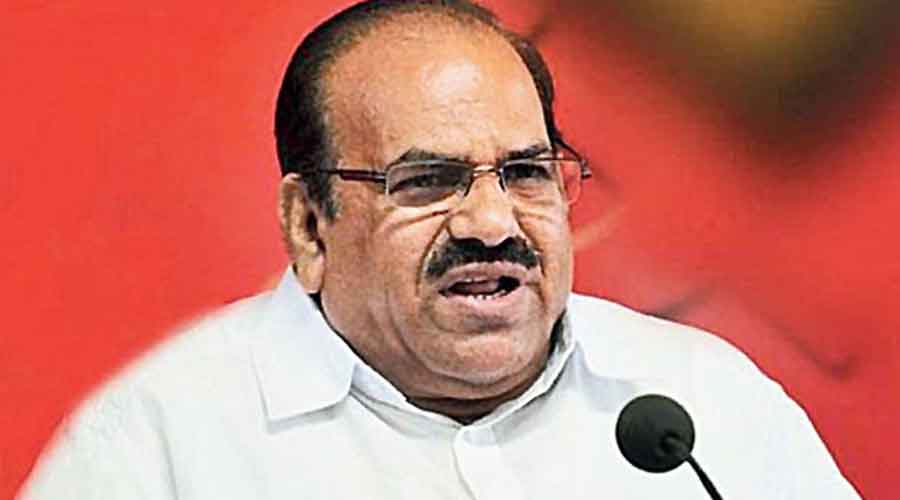Kerala High Court has ruled that an administrator of a WhatsApp group does not have vicarious liability if a member posts offensive content.
The single bench of Justice Kauser Edappagath on Wednesday quashed the charges against the petitioner who had challenged a criminal case implicating him as the group’s creator and co-admin after a member posted child pornographic content.
On June 15, 2020, Ernakulam police had registered a case under several sections of the Information Technology Act and Protection of Children from Sexual Offences Act against the main accused.
The group’s admin was later arrayed as the second accused since he was the creator and co-admin of the WhatsApp group.
The high court judgment that did not name the petitioner or the accused noted: “In the absence of a special penal law creating vicarious liability, an Admin of a WhatsApp group cannot be held liable for the objectionable post by a group member.”
“There is no law by which an Admin of any messaging service can be held liable for a post made by a member in the group. A WhatsApp Admin cannot be an intermediary under the IT Act. He does not receive or transmit any record or provide any service with respect to such record,” the court ruled after examining the primary question whether the admin had any liability over a member’s offensive post.
“There is no master-servant or principal-agent relationship between the Admin of a WhatsApp group and its members. It goes against basic principles of criminal law to hold an Admin liable for a post published by someone else in the group. It is the basic principle of criminal jurisprudence that mens rea (criminal intent) must be an ingredient of an offence and both the act and intent must concur to constitute a crime.”
The court cited previous judgments by the high courts of Bombay and Delhi that had observed that admins of social media groups had no control on posts shared by members and their only privilege was to either add or remove a member.
“He does not have physical or any control otherwise over what a member of a group is posting thereon. He cannot moderate or censor messages in a group. Thus, the creator or Administrator of a WhatsApp group, merely acting in that capacity, cannot be vicariously held liable for any objectionable content posted by a member of the group,” Justice Edappagath ruled.
The judge noted that the popularity of messaging apps like WhatsApp has made it very relevant in the modern world where exchange of information has become very fast while the members in any group share anything with no control.
“Due to lack of moderation of these groups, the members therein are at almost free reign to post/ share any kind of data that they wish in terms of messages, voice notes, videos, songs, etc. Many members of a WhatsApp group may put objectionable contents. The legal consequences and potential liability of the Administrator, stemming from such an objectionable post, has come up for consideration in this Criminal Miscellaneous Case,” noted the court.












